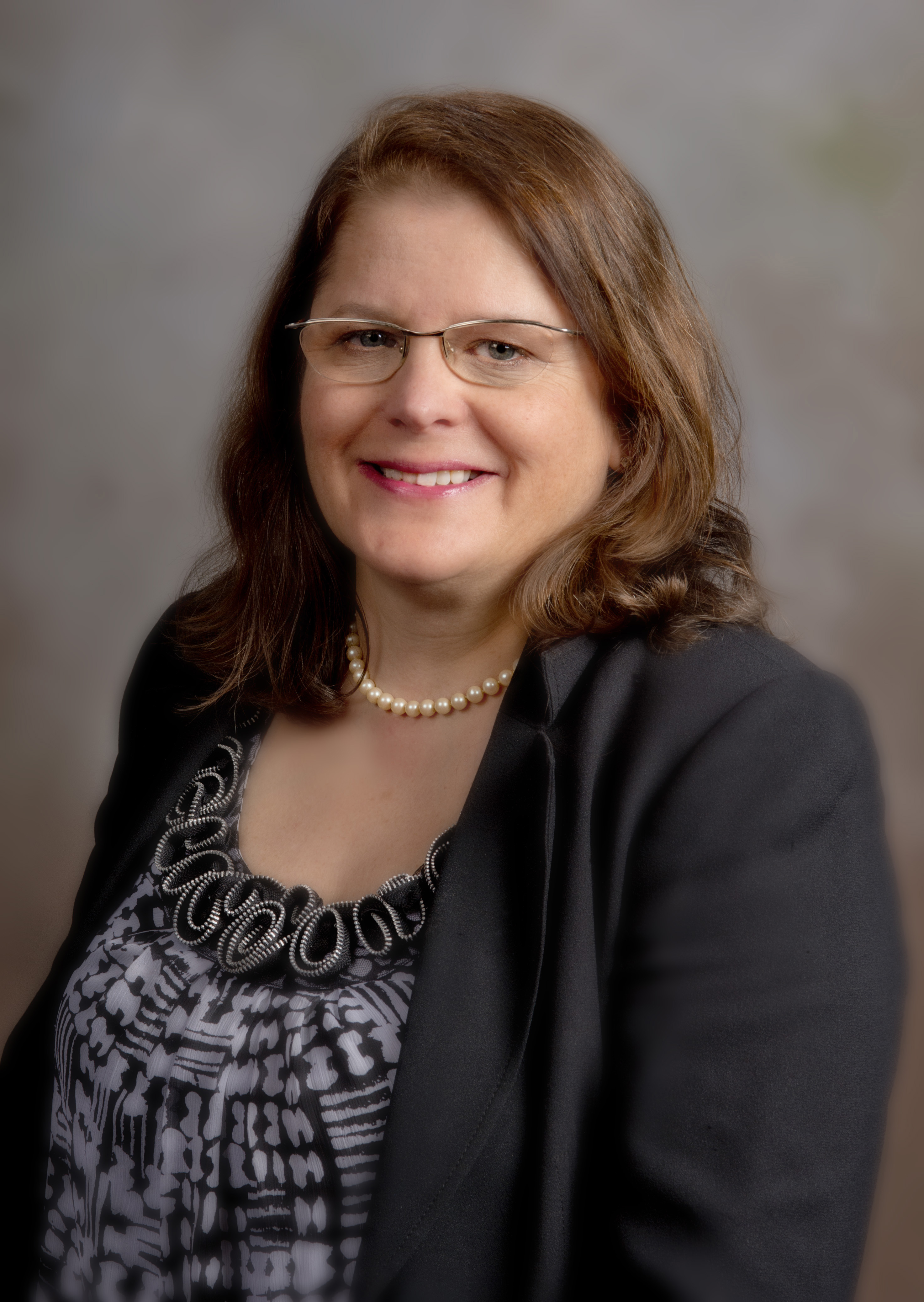Industry leader in Unmanned Aircraft Systems to helm new FAA-approved test site

A trailblazer in the field of Unmanned Aircraft Systems (UAS) has been chosen to lead one of the six federally approved test sites working to safely introduce unmanned aircraft into the nation’s skies.
Rose Mooney, vice president of the engineering consulting company Archangel Aero LLC, will begin immediately as executive director of the Mid-Atlantic Aviation Partnership (MAAP), partnership officials said Monday.
A joint effort of Virginia Tech, Rutgers University, and the University of Maryland — with industry and agency members — the partnership operates test sites in three eastern states under the auspices of the Federal Aviation Administration.
“Rose has extensive experience with the UAS industry and is very highly regarded,” said Jon Greene, the interim director of the partnership and an associate director of the Institute for Critical Technology and Applied Science at Virginia Tech. “We are excited about her ability to work with large teams and move them toward a common goal. I expect that she will continue to draw the team together, move us toward a sustainable business model, continue to work with the Federal Aviation Administration, and forge relationships with the other test sites.”
The Federal Aviation Administration in December chose the Mid-Atlantic Aviation Partnership test site after a rigorous 10-month selection process involving 25 proposals from 24 states.
Congressionally mandated, the test sites will research the rules necessary to safely take unmanned aircraft systems into the national airspace.
Unmanned aircraft systems, commonly known as drones, may have a wingspan as large as a Boeing 737 or be smaller than a radio-controlled model airplane. Mooney will work to reconcile the FAA’s safety goals with industry objectives to use unmanned aircraft for commercial purposes.
“The country is making an important transition in aviation similar to what happened with the introduction of jet engines decades ago,” Mooney said. “Our job is to create a common goal — the FAA requires data, safety, and a no-cost research arrangement, while people interested in economic development see opportunities to bring business and industry to their states. We need to tie the research and economic development objectives together with a common vision and to offer common benefits.”
Introducing commercial unmanned aerial vehicles to U.S. skies could add more than $13.6 billion to the national economy by the end of the decade, with totals reaching as high as $82.1 billion by 2025, according to the Association for Unmanned Vehicle Systems International.
As partnership executive director, Mooney will respond to the partnership’s board of directors as well as leadership from the three states. She will be a faculty member associated with the Institute for Critical Technology and Applied Science at Virginia Tech.
Mooney’s interest in aviation began at an early age. Growing up under a flight approach path to LaGuardia Airport in Queens, N.Y., she remembers nights when she stayed awake, listening and watching for aircraft. It inspired her interest in science and math.
Her career started at Westinghouse Electric Corp., where she helped develop robots for manufacturing, and from there she moved to the medical device industry.
Most recently, as vice president of Archangel Aero LLC, she led an engineering consulting company to serve the new technology and aviation fields.
Prior to Archangel, she spent seven years as the director of engineering and then director of UAS Airspace Integration for AAI Unmanned Aircraft/Textron Systems, where she developed and managed flight test sites, pilots, integration labs, systems testing, and design and specialty engineering.
She has served as president of the UAS National Industry Team (UNITE), was the co-chair of the RTCA Special Committee-203 for Unmanned Aircraft Systems, a member of the Aerospace Industries Association UAS subcommittee, and was a member of the NASA Advisory Council UAS subcommittee.
She is involved in national and international education, advocacy, and safe integration of UAS in non-segregated airspace. She is also a student pilot.
Dedicated to its motto, Ut Prosim (That I May Serve), Virginia Tech takes a hands-on, engaging approach to education, preparing scholars to be leaders in their fields and communities. As the commonwealth’s most comprehensive university and its leading research institution, Virginia Tech offers 240 undergraduate and graduate degree programs to more than 31,000 students and manages a research portfolio of $513 million. The university fulfills its land-grant mission of transforming knowledge to practice through technological leadership and by fueling economic growth and job creation locally, regionally, and across Virginia.
Related Links
- Video: Virginia poised to soar into unmanned aircraft production
- Leaders welcome FAA nod to test unmanned aircraft; Virginia Tech positioned to lead new industry
- Aviation initiative to get $2.6 million in Virginia FACT funds to test unmanned aircraft systems
- Virginia, New Jersey, Maryland join to support FAA unmanned aircraft systems effort




